The chocolate bars, Spam and little vintage-style bottles of Coca-Cola added sweet nostalgia. The old war letters from soldiers who never saw home again struck at the heart. History talks about the reality and legacy of World War II were sobering.
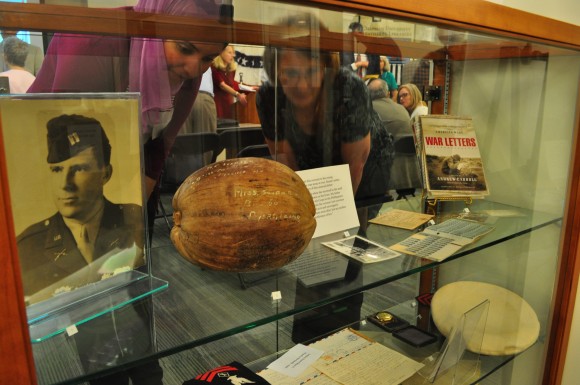
Attendees at the reception are intrigued by a display featuring a letter penned on a coconut and other correspondence and artifacts from World War II.
In combination, those elements resulted in what was inescapably a bittersweet commemoration of V-J Day’s 70th anniversary, marked at Chapman University with the opening reception for the exhibition “World War Two: The Pacific Theater.”
Held 70 years to the day after the Allies celebrated Japan’s surrender and the close of World War II, the event focused on the letters and artifacts from the Center for American War Letters collection related to World War II. Among the featured items was the remarkable letter written by a U.S. soldier on letterhead seized from Adolf Hitler’s desk, as well as one written on a coconut and mailed home from the Pacific by a soldier hoping to cheer his 5-year-old daughter.
“World War Two: The Pacific Theater” will be on exhibit in the lower level of Leatherby Libraries through Nov. 12. Admission is free and open to the public during regular library hours.
And the event was a reminder of how such objects add to the study of history and a deeper understanding of the human experience from the battlefields to the home front, said Charlene Baldwin, dean of Leatherby Libraries, which curated the exhibition.
“When you have something as special as the Center for American War Letters on your campus with 100,000 war letters … you have materials that nobody else has. And what does that do for us? It gives students, graduates and undergrads the opportunity to hold, look at and feel the real items that inform history,” Baldwin said.

Newspapers of the day and enlarged text from several letters are included in the exhibition, which continues through Nov. 12.
Highlights of the evening included remarks by Presidential Fellow and author Andrew Carroll, who launched The Legacy Project and is director of the Center for American War Letter, and a lecture by Professor Robert Slayton, Ph.D., who recounted the extended and fierce Battle of Iwo Jima.
In addition, Tom Zoellner, associate professor of English, read from a collection of World War II letters written by his uncle, one of the many who did not survive the war. Zoellner concluded his reading by donating the letters to the center.
Also donating family members’ war correspondence were Hugh Galt from Town and Gown and community member Ann Farmer.
Closing the evening was a reminder that the war’s long shadow still colors U.S. policy. Americans should be mindful of more than memory when they reflect on events like the anniversary of V-J Day, says Gregory A. Daddis, Ph.D., the director of Chapman’s new War & Society M.A. program.
“How has being in a near persistent state of conflict for the past seven decades since 1945 shaped what it means to be an American?” Daddis asked. “How does that persistent state of conflict influence how others have viewed Americans? How have destructive wars in the age of post-colonialism affected society in Africa, Asia and the Middle East?”
For academics, the new War & Society master’s program will be a home for scholarly investigation of such topics. But Daddis said they are universal considerations for all because “these questions cut to the very heart of our national reality today.”
Top image is a portion of the 53-page letter written by a trapped sailor during the bombing of Pearl Harbor.
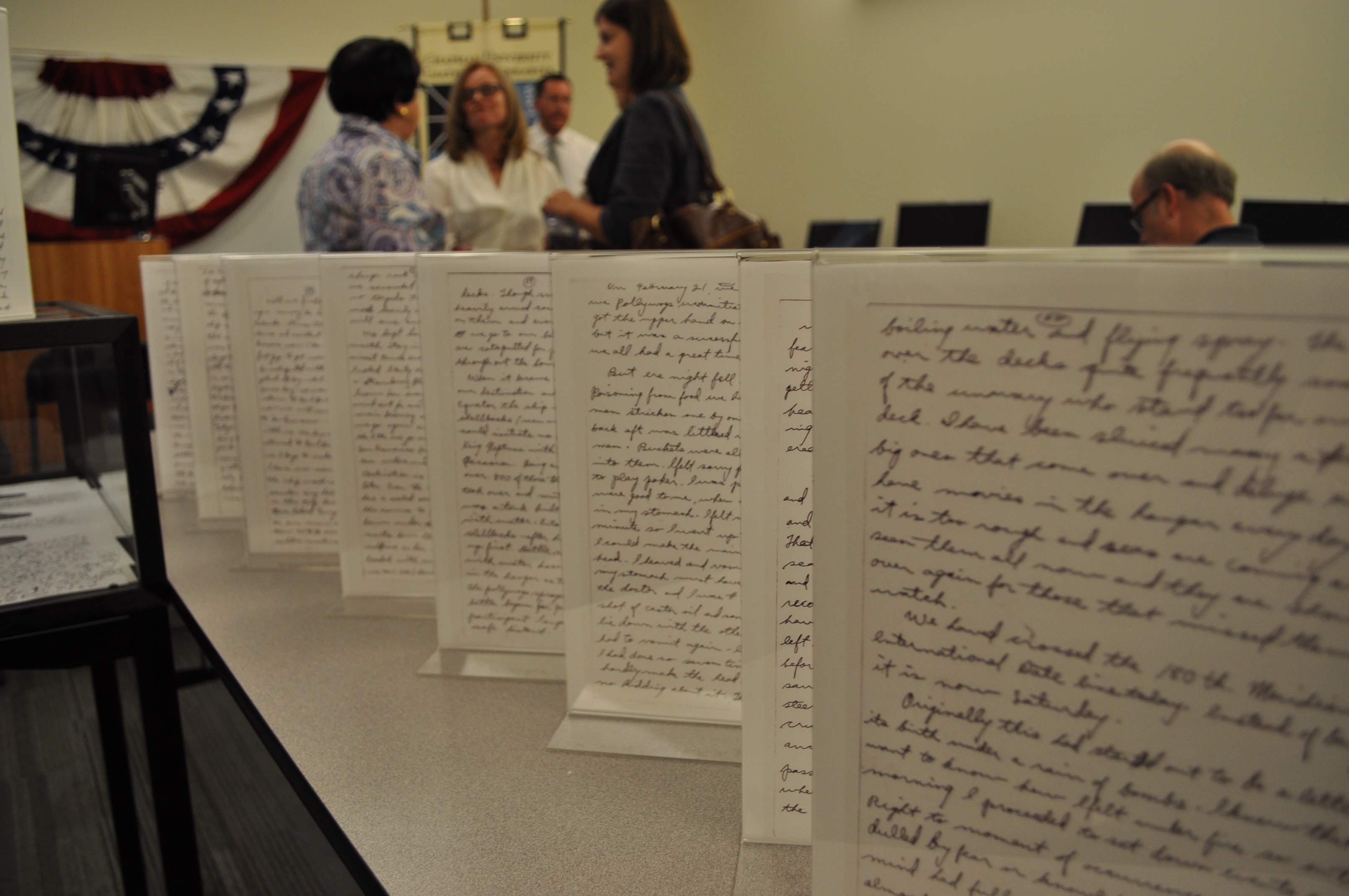
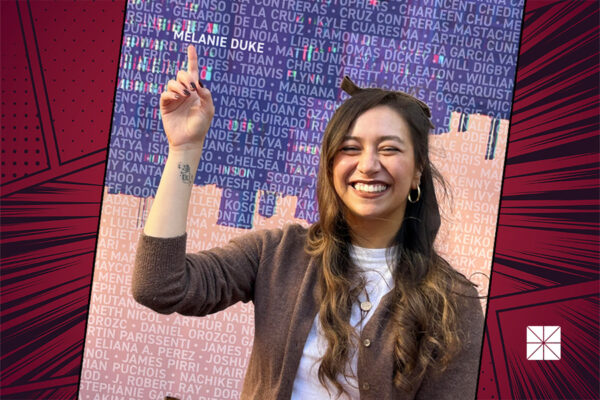
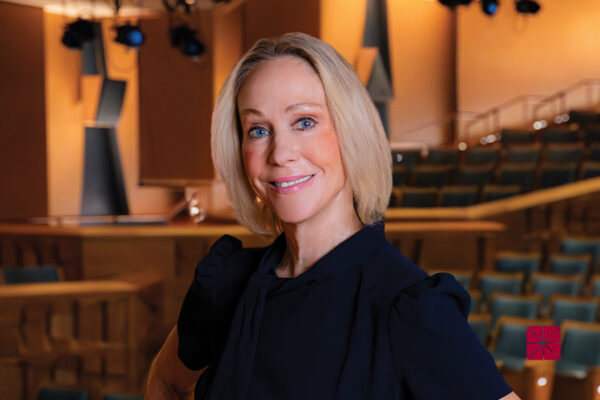
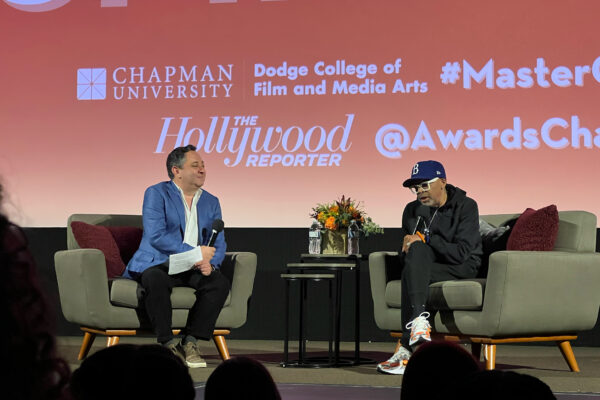

Add comment